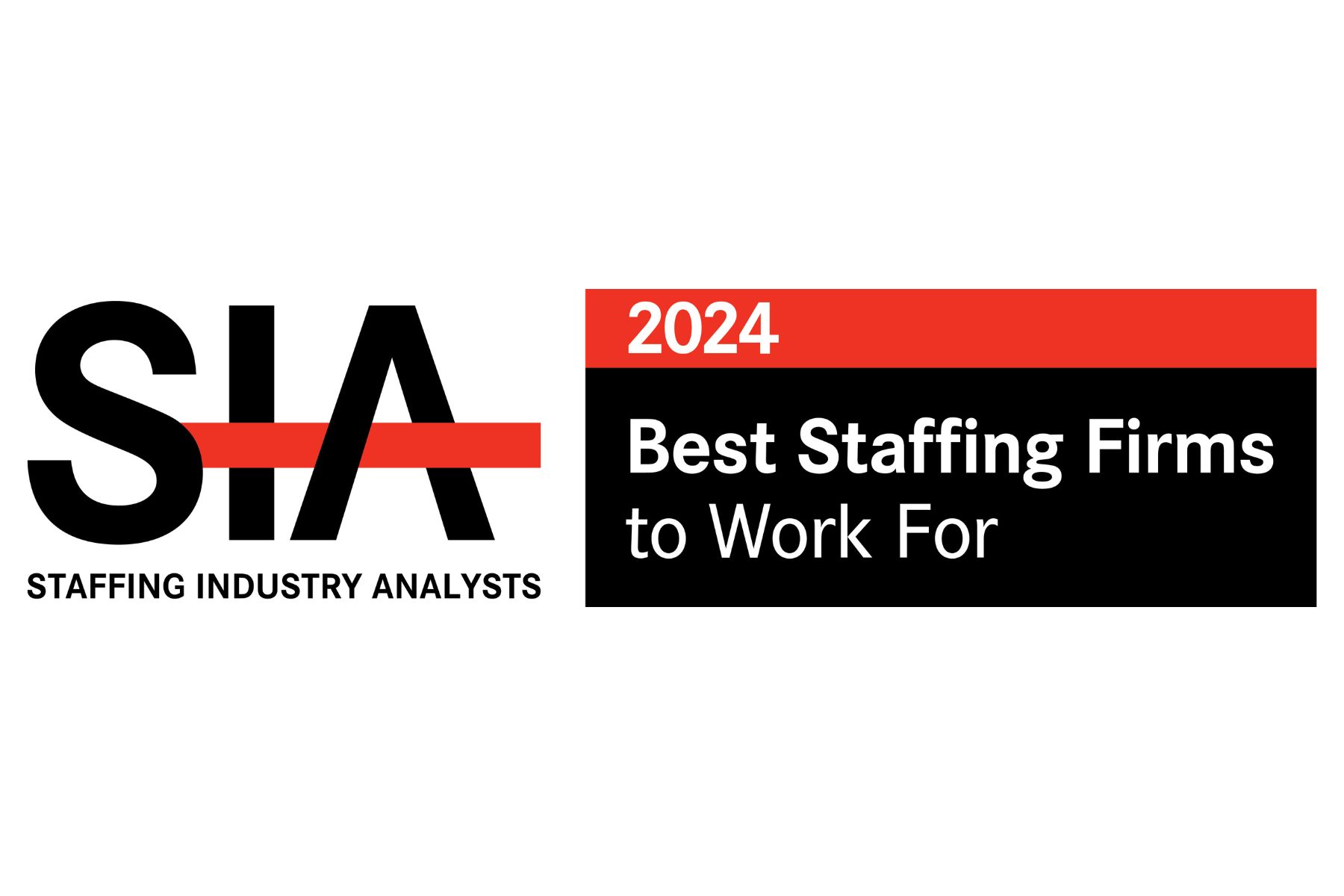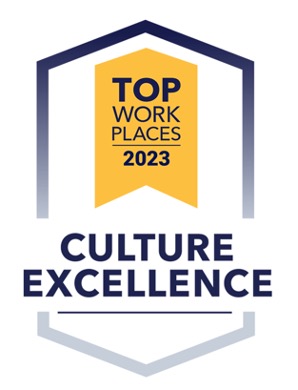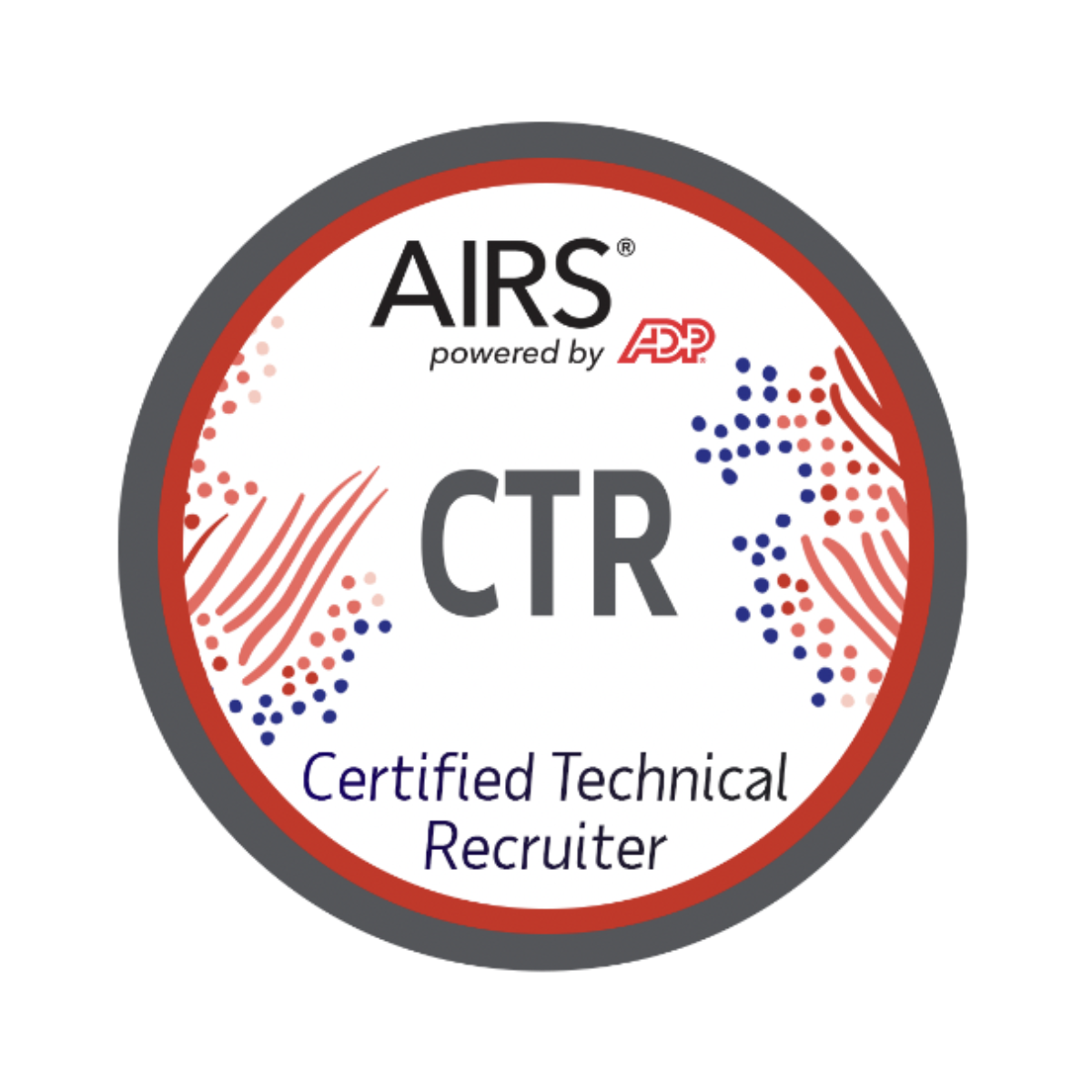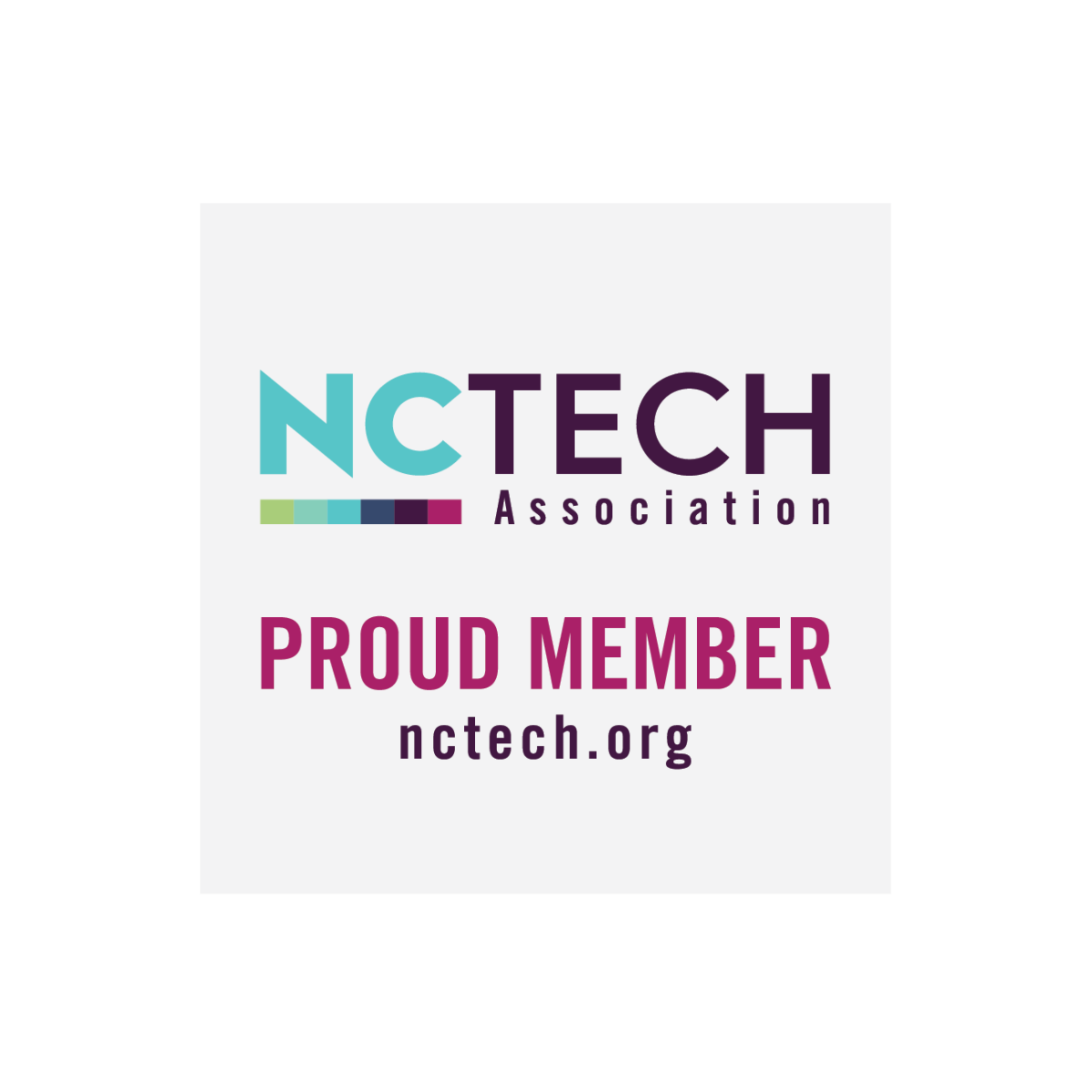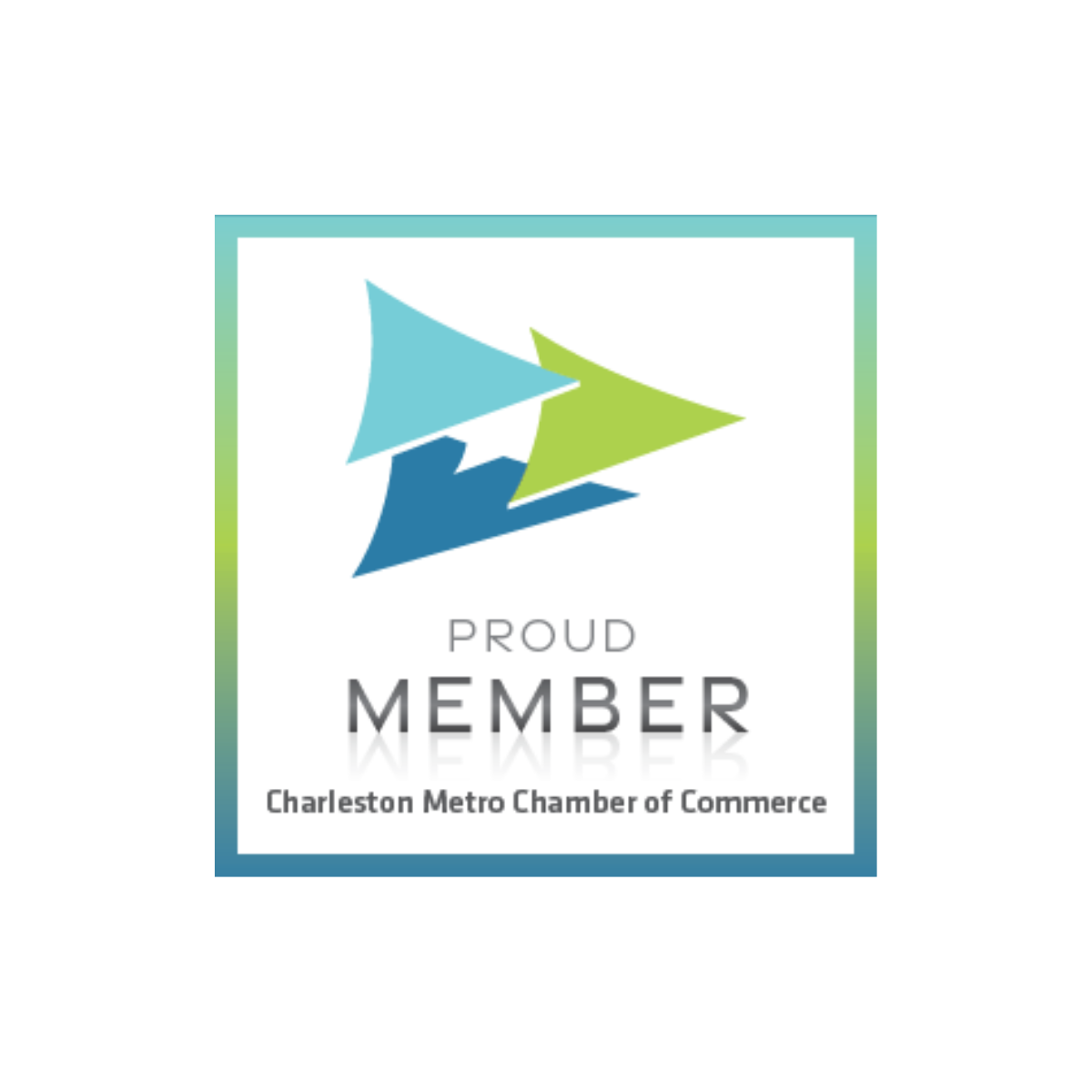Is this the year you’re going to take that next step and add some new skills to your resume? If you’re looking to update your current skill set or add some new ones to your repertoire, there are plenty of online options and programs to take advantage of. With a bit of research, you can easily find one (or more) that interests—and works best—for you.
The plethora of online programs—and topics—can be overwhelming and exciting. Programs of study range from college degrees to certifications and tech skills to personal development and even hobbies. Many, if not all, offer flexibility and can be done from anywhere—all from the convenience of your laptop. Most programs involve a fee, but there are some free ones out there, too.
If you’re ready to start down this path, here are some steps to help you along the way.
1 – Getting started.
The first step is to decide what you want to study and why. What is your reason for pursuing the new skill? Is it a skill or certification that will help your career? Is it a degree you’ve always wanted to finish? Is it for your own personal gain and development? Or is it just something you’ve wanted to try and now you have the time?
2 – Where to go.
Once you’ve decided what skill(s) you want to pursue, it’s time to search for where to get them. There are hybrid and online programs through community colleges, universities, tech schools, professional organizations, and online learning sites.
If you’re thinking of going the online route, there are many learning sites to choose from—often with similar programs but varying requirements and fees. Here’s a list of some of the more popular online learning sites for tech skills and certificates. Some also offer degree programs and personal development courses.
- Coursera
- Udemy
- Udacity
- EdX
- LinkedIn Learning (formerly Lynda)
- Codeacademy
Keep in mind that these are not the only online sites to choose from. There are many, many others to explore.
Also, don’t forget to consider professional organizations. They offer skills training programs, too. Organizations like PMI, SHRM, CompTIA, and Microsoft/Apple are just a few who offer specialized training.
3 – Things to consider.
While you’re looking at your options, you’ll want to consider cost, schedule, convenience, time commitment, and length of the program. Before you register, if you are currently employed, be sure to check with your employer to see if they have a program to pay for any or all of the costs.
4 – Commit to you.
Once you’ve decided on a program and enrolled, think of it as a commitment to you—and schedule time to do the homework, projects, assignments, exams, etc. It can be tricky with other commitments like work and family, but often programs are designed with flexibility and a schedule to help you plan ahead to get the work done.
It’s ok to take some time to find the right program for you. Then when you’ve earned your new skill(s), certification(s), or degree, don’t forget to add them to your resume.
When you’re ready to take that next step in your career, with your new skills, reach out to our talented team of recruiters or search our job board for you next opportunity!
Resources
10 Best Places to Learn New Skills in 2022
10 Surprising Benefits of Online Learning






